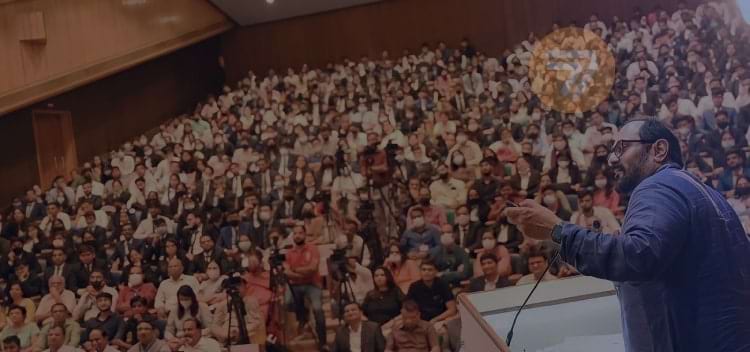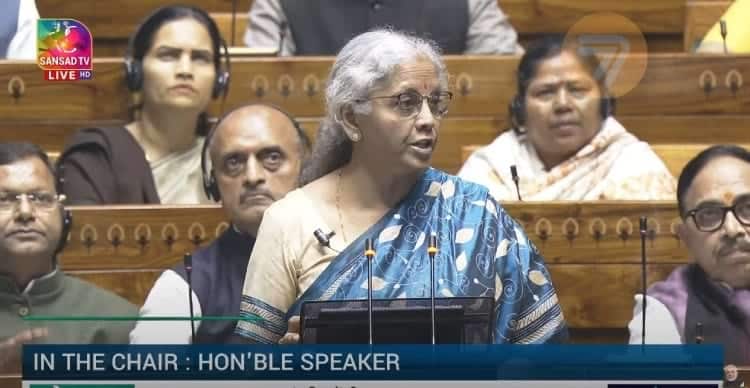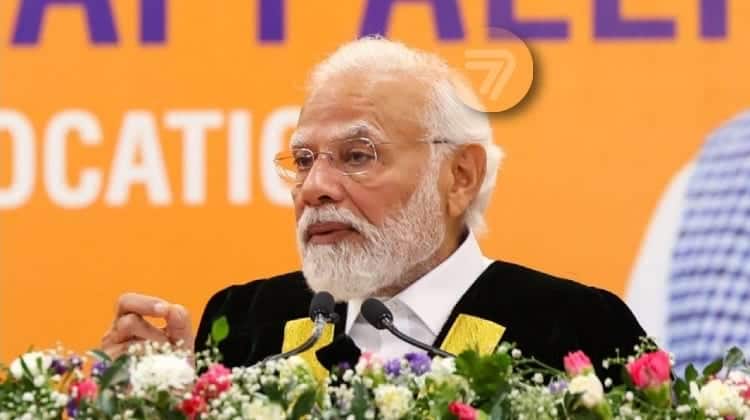Centre Rumored to Bring In Federal Regulation for All Real-Money Games Online
06 Dec 2022
Government plans to pass national-level laws for all real-money platforms, overturning decades of division into skill and chance games. Insiders claim PM Modi’s trying to extend oversight to the entire segment, including offshore operators. Read more about the federal Regulation for real-money games.
Online Gaming Too Important to Get Separate Regulations
New Delhi authorities have been mulling over online gaming regulations for years but may have just found the right legislative framework. Global news agencies report that the planned regulation will now apply to all online games for real money after an intervention by PM Narendra Modi’s office.
Citing government sources, the anticipated legislation is intended to set the stage for the future of India’s thriving gaming sector. It is also aimed at putting some order on a highly competitive market that sees domestic gaming tech businesses go against some of the global powerhouses in digital entertainment.
Central rules are also considered effective in tackling concerns of financial losses and problem gaming for some players across the gaming spectrum. Government officials are now said to be intent on establishing a supervisory mechanism for all paid games, whether being based on chance, skill, or other gamification elements.
Real money games reportedly dominate the segment, estimated in the billions of USD in India alone. In recent years, domestic and foreign investors have poured in substantial funding in desi tech startups like Dream11 and MPL, leaders on the fantasy cricket market. Experts continue to forecast a bright future for the entire segment.
Centre Getting Its Priorities Straight
A ministerial panel was tasked with drafting a regulation proposal earlier this year based on the traditional distinction of skill and chance. Only skill games were supposed to get a Central level law. With chance genres left to states as originally provided in the Constitution.
However, the latest proposal would see the government extend requirements for registration. As well as grievance mechanisms, and know-your-customer standards (KYC) to all gaming platforms. Further proposals include safe gaming tools like pop-up warnings, advisories, and deposit and spending limits.
Treating skill and chance games differently has always been difficult due to contrasting State legislation and contentious High Court decisions. Online gaming is an increasingly relevant pastime in today’s digital culture. And authorities have repeatedly been petitioned to provide clarity on the topic.
After years of sitting idly on the fence, legislators seem to be making up their minds on a different approach this time around. Reports on top-level discussions of a Central law on gaming have intensified recently. Including on regulations that would have extraterritorial action.
For the first time, there have been actual proposals regarding standards and tools. Taking a leaf out of the book of international good practices. A similar proactive stance is good news for India’s tech industry, the nation’s treasury, and the job market.
If the Central government were to evoke more transparency for domestic and offshore operators. It would help the Union reap the benefits of a booming digital sector. More importantly. It will provide legitimacy to the online gaming market. Introducing policies and requirements that can realistically protect minors. As well as vulnerable users, and all desi consumers.


